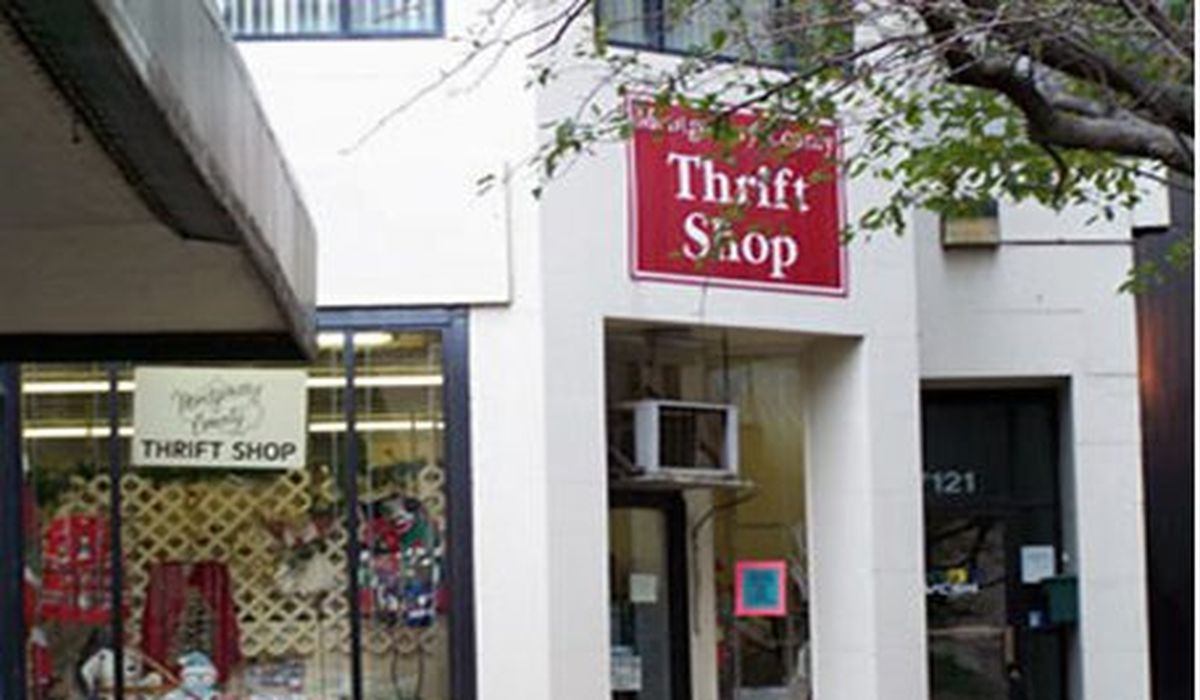Since the end of World War II, the Montgomery County Thrift Shop had provided affordable household goods and secondhand items in support of five local charities at its modest location in Bethesda.
But its staff of mostly elderly volunteers, small space and prime spot on Wisconsin Avenue made it economically and physically impossible for the thrift store to continue amid the coronavirus pandemic.
“It was really a monetary decision because we are in a high rent area,” said Jan Cary, president of the Montgomery County Thrift Shop Board.
The shop, which shutters for good at the end of the month, joins a growing number of local stores, restaurants and other businesses that are unable to reopen now that coronavirus shutdown orders have begun to be lifted.
When the thrift store initially shut down in March, it didn’t have a reserve of cash to support the business throughout the closure, Ms. Cary said. A 3% rent increase next year, a pending development project that would demolish the building that houses the store and the global pandemic all informed the decision to close, she said.
The thrift shop board voted June 8 to close permanently after more than 75 years of operation. The building must be vacated by July 31.
Coronavirus restrictions have affected more than businesses: Organizers of the Sugarloaf Craft Festivals, a 40-year-old organization that holds shows featuring the work of hundreds of regional artists and crafters several times a year, announced it was closing.
Likewise, Bistro Bohem in the District; the Soundry, a live music venue in Columbia, Maryland; and Clyde’s of Columbia in Howard County have announced that they are closing due to an inability to cover their expenses while following public health guidelines.
A recent Goldman Sachs survey of more than 1,500 small businesses found that 63% of respondents said less than 75% of their pre-COVID-19 revenue has returned, 37% said their businesses can survive another COVID-19 shutdown and 16% said they could maintain payroll without government relief.
Ashish Alfred, owner of Duck Duck Goose restaurants in Bethesda and Baltimore, said he had received some government funding to pay his staff and settle with vendors, but he ultimately had to permanently close his other Bethesda restaurant and event space, George’s Chop House, in May.
Mr. Alfred said it didn’t make sense for him to hold onto that business when he had no idea when they would be able to host a private event again, noting that he was also coming to the end of his lease for the eatery space.
“Restaurants are something you put every ounce of your blood, sweat and tears into, and to have to give that away, at no fault of your own, it’s painful,” he said of his 10-year-old business, named for his brother who died suddenly after helping him build the place.
Mr. Alfred said his other two restaurants have been able to sustain themselves because of their large patios, but he doesn’t know how much longer they will survive.
Farid Nouri, owner of the 18th Street Lounge, said “everything changed” when D.C. Mayor Muriel Bowser released her phased proposal for reopening the District. Clubs will be allowed to reopen in phase four, which won’t occur until there is an effective vaccine or cure.
Mr. Nouri said he understands why nightlife businesses won’t be able to reopen until phase four, but he added “that’s just not going to work for us as a viable business.” On June 22, he announced that the Lounge in Dupont Circle would close for good after 25 years of operation.
He was in the middle of renegotiating the lease, and said the owner of the property was offering him a pre-pandemic rate for a post-pandemic market, which he called “unreasonable.”
“In the real world, in a non-pandemic world, I would have considered it with some additional back-and-forth, but there was no consideration for the business situations we have to deal with the pandemic and not receiving any income for the foreseeable future,” Mr. Nouri said.
In the phase three, bars and nightclubs would be able to open with only five people per 1,000 square feet, which Mr. Nouri equated to eating soup with a fork.



















